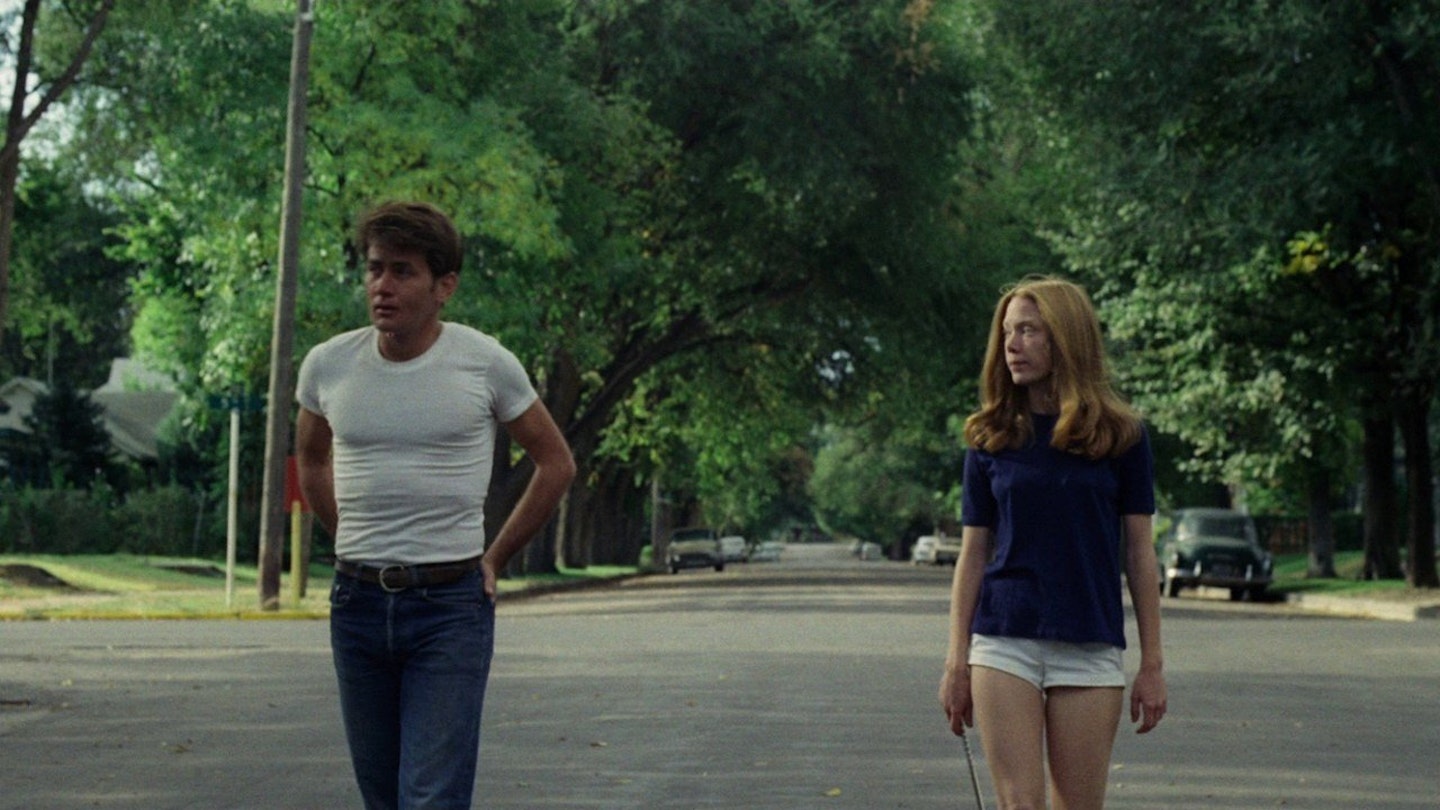At the heart of Terrence Malick's astonishing debut - a fictionalised account of Charles Starkweather's 1950s killing spree - is a trio of paradoxes.
The film is a meditation on the banality of evil, but features an incredibly handsome and charismatic protagonist in Martin Sheen's psychotically self-deluded garbage man, Kit.
His relationship with lonely schoolgirl Holly (Sissy Spacek) is depicted as disturbing and mutually destructive, yet granted genuinely romantic interludes - including a moonlight smooch to the sound of Nat King Cole.
And the natural world - typically for Malick - is painted as a thing of idyllic beauty, yet constantly corrupted with stark images of dead animals, fallen trees and, of course, the bullet-riddled bodies of Kit's victims.
Such confident complexity is beyond the reach of lesser movies - the superficially similar Bonnie And Clyde feels, well, superficial in comparison. For all the heat generated by that film's blood-spattered shootouts, its stylised brutality pales next to the sudden bouts of violence which occur whenever Kit is backed into a corner.
His sense of Southern good manners - calling his victims "Sir", asking humbly, "Suppose I shot you, how'd that be?" - makes the crimes all the more chilling.
Both central performances are amazing, but only Spacek went on to become one of the most in-demand stars of the '70s. Apocalypse Now aside, Sheen had to wait until becoming a middle-aged character actor before roles worthy of his talent came along. Observant fans of The West Wing, however, may notice that Kit snaps on his denim jacket in the same over-the-shoulder, both-arms-at-once way in which President Bartlet dons a tux.
